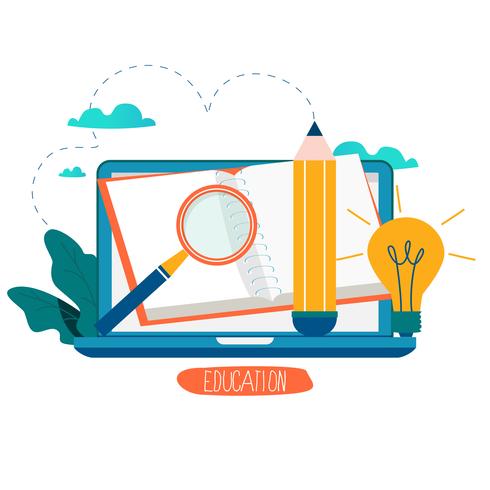
DOE Offers Guidance on Handling Disputes During Pandemic

Ask any teacher, parent, or student right now and they’ll likely tell you that at-home education during COVID-19 has been a significant challenge. Remote learning is simply not a substitute for learning in the classroom; there are too many things that just can’t be accomplished on a Zoom call.
For children with disabilities and their parents, who rely on the support of an aide or on modified learning, it’s particularly trying. Even with the best intentions, some delivery of crucial IEP services fell far short of needs, forcing some parents to lodge complaints. The U.S. Department of Education (DOE) has now released guidelines on resolving disputes with school districts amid this crisis.
When schools were closed earlier this year, the DOE created protocols for at-home instruction and also announced that they would not waive the bulk of the Individuals with Disabilities Education Act, saying that learning must continue for all students during our national emergency. The DOE acknowledged that services for children with disabilities would not be the same during COVID-19, but that with collaboration, parents and educators could make things work.
While the DOE required that schools had to provide each student with a disability the special education and related services identified in the student’s IEP, they were told to do so “to the greatest extent possible,” recognizing that in some situations there could be exceptional circumstances that could affect how a particular service was provided.
In a nutshell, children with disabilities were entitled to at least the same options as the general education population during COVID-19, but within the context of the health and other challenges faced by a child and the school staff. Flexibility was necessary, but too many services and students were sacrificed.
For teachers of students with disabilities, trying to provide the same kind of hands-on learning, proved impossible. Many educational services, such as occupational therapy, physical therapy and speech therapy, just don’t translate well in an online instruction format, leaving children without the necessary tools for their development and education.
To respond to issues that have arisen between parents and school districts, the U.S. Department of Education’s Office of Special Education Programs (OSEP), released new guidance on how states and schools can address special education disputes during the COVID-19 pandemic.
A two-part Q&A on the Department of Education’s website answers questions on how to move forward when the recommended informal efforts between parent and educators prove futile. Mediation, state complaint, and due process complaint procedures are all available avenues for resolving issues. Extensions of timelines will be permitted in certain cases, and parties can agree to hold resolution meetings virtually in cases where the pandemic prevents face-to-face discussions.
Across the board, the level of education provided to students during COVID-19 has suffered. All children are losing ground, but children with IEP’s are at greater risk. Getting on the case now is critical for the fall and for getting ahead of potential future COVID-19 alternative learning plans.
To read the DOE’s full Q&A go to:
Part B: https://sites.ed.gov/idea/idea-files/part-b-dispute-resolution-in-covid-19-environment-q-a-document-june-22-2020/
Part C: https://sites.ed.gov/idea/idea-files/part-c-dispute-resolution-in-covid-19-environment-q-a-document-june-22-2020/
Hope Trust serves clients throughout the United States.

